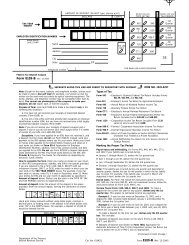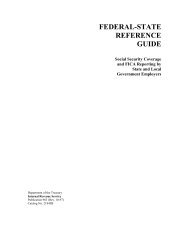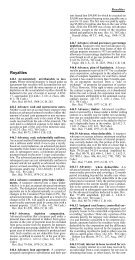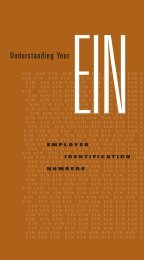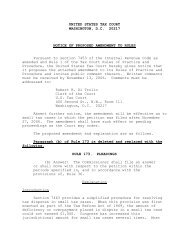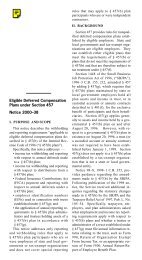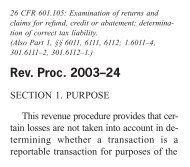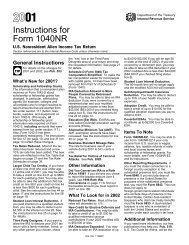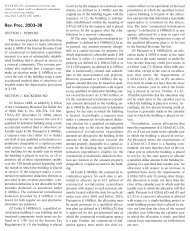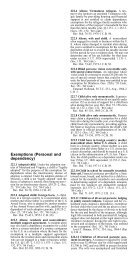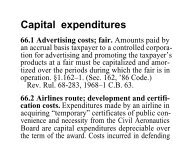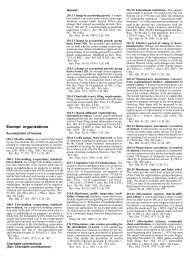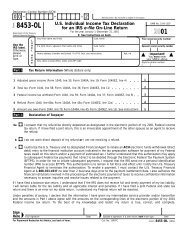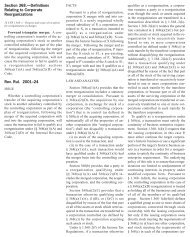Auto Dealerships - Audit Technique Guide - Uncle Fed's Tax*Board
Auto Dealerships - Audit Technique Guide - Uncle Fed's Tax*Board
Auto Dealerships - Audit Technique Guide - Uncle Fed's Tax*Board
Create successful ePaper yourself
Turn your PDF publications into a flip-book with our unique Google optimized e-Paper software.
2. By owner<br />
A dealer may own dealerships in different locations of the same region (e.g. different cities of<br />
Southern California) and may promote the dealers name even though different makes of<br />
automobiles are sold. Typically, advertising will be solicited that best aid the growth and sales<br />
of any dealership attached to that name. An advertising association may be created that<br />
receives payments from all related dealerships and then uses the funds as stated. Such<br />
advertising is in addition to manufacturer sponsored programs described above.<br />
3. By geography<br />
In the last several years, auto centers have been the option of choice for establishing<br />
dealerships. The theory is that by placing competing dealerships in one large auto park, many<br />
potential customers will be lured that will help sales of all auto center tenants. Additionally,<br />
cities may offer attractive land leases and perks to increase their sales tax revenue. Centers<br />
may be owned by the tenants, completely independently owned, or jointly owned. The tenants<br />
of the auto park will typically pay fees to an association that will advertise the park as a<br />
whole. Again, this advertising form will be in addition to the manufacturer’s programs.<br />
Regardless of the form of the dealership you are examining, chances are advertising is<br />
structured in one of the aforementioned advertising methods. The key to determining the<br />
correctness of expenses taken at the dealership level lies in the answer to questions related to<br />
the advertising entity, as follows:<br />
a. Was the money actually spent on advertising?<br />
b. Who ultimately spent the money on advertising?<br />
c. When was the money spent on advertising?<br />
It is paramount in the examination of advertising expenses that these simple questions be<br />
answered thoroughly. However, obtaining simple answers often becomes a complex process.<br />
Many structure variations can be used which cloud the issue. For example, advertising<br />
associations typically deal with large dollar amounts. Errors by the association in the<br />
processing of this money may result in either "unreported income" or "double deductions"<br />
making it necessary for the Service to verify the correct tax treatment of the fund.<br />
Association Tax Returns<br />
The tax returns filed by the associations are usually not complicated, but may not show all of the<br />
years activity. They may reflect the following:<br />
1. Gross receipts less rebates to the dealerships which are reflected as sales returns and<br />
allowances. A "schedule" may be attached reflecting the same. "Other income" is usually<br />
interest. The remaining income is offset by advertising expense and other deductions which<br />
14-2



